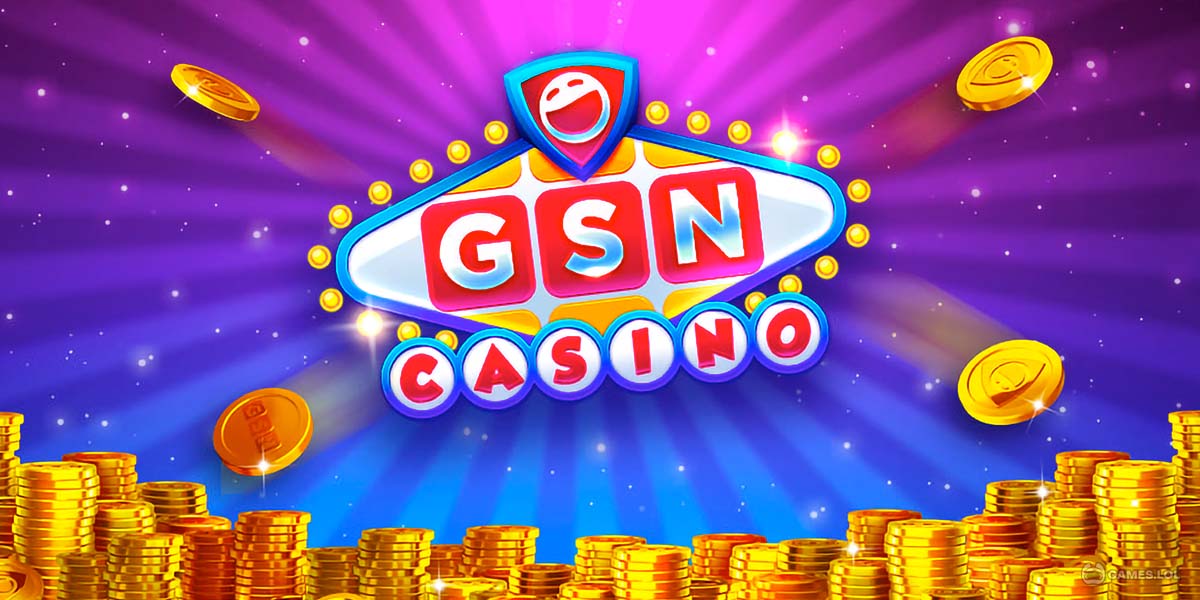Casino games have been a well of entertainment and thrill for countless players around the world. One of the main components that renders these games engaging is the variety of playing cards used in various kinds of games. Grasping the various kinds of cards can improve your gaming experience and improve your gameplay approaches. Whether you are attracted to classic card games like poker and blackjack or newer casino games, each game depends on a unique set of cards that affects the rules and the flow of play.
In casino settings, cards come in various forms, each designed to meet the requirements of specific games. From regular decks to custom card variations, the diversity plays a crucial role in shaping the mechanics of each game. By familiarizing yourself with these cards and their applications, you can gain more profound insights into the games and make more informed decisions at the table. This knowledge not just enriches your gaming experience but also contributes to a more sophisticated approach to your chances of success.
Types of Playing Cards
When it comes to casino games, the type of playing cards used can greatly impact the flow of the game and tactics. The most frequent deck is the traditional 52-card deck, which consists of four suits: hearts, diamonds. Each suit contains thirteen ranks, from ace to King. This standard deck is essential in many games, such as black-jack, where gamblers aim to create the best hand possible or get as close to 21 as they can.
Some casino games use unique decks specifically designed for the game itself. For example, the well-known game of baccarat often uses multiple decks shuffled together, typically six or eight. This not only increases the complexity of the game but also impacts wagering strategies, as participants must account for the higher number of cards in play. Additionally, certain games may introduce joker cards or wildcards, providing further variety and excitement to the gambling experience.

In niche games, custom decks may come into play. For example, in games like bridge or Pinochle, players might use unique rules with different card values or roles. These changes keep the gameplay new and allow for diverse strategies to appear. Understanding the different types of playing cards and their specific uses in various casino games is key to enhancing one’s gambling experience and improving overall results at the tables.
Deck Modifications in Casino Activities
In casino activities, the type of set of cards used can significantly impact both the play and the strategies used by players. Most traditional card activities, such as 21 and poker, typically utilize a regular 52-card pack. However, modifications do exist where extra wild cards or even multiple decks are utilized. For example, in blackjack, some gaming establishments may employ one to eight packs, which can change the odds and the basic strategy needed to play effectively. Players must be cognizant of the deck composition, as it influences the casino advantage. SODO66 App
Another frequent modification in gambling playing card games is the use of specialized or specialized decks. For instance, some five-card draw activities might use a deck that includes unique images or patterns, which can enhance the atmosphere at the table. SODO App These custom decks often function to distinguish between different play formats or loyalty initiatives within the casino. While the traditional guidelines of the game remain the same, the visual appeal can influence participant engagement and enjoyment.
Lastly, the shuffling techniques used with various kinds of decks can also impact play. Casinos often utilize automatic shufflers that can effectively reorder multiple packs efficiently, making hand counting more challenging. The rate and method of shuffling can differ widely based on the game and the casino’s rules. Comprehending these deck modifications is crucial for any participant seeking to enhance their game strategy and overall satisfaction in gaming activities.
Value of Cards Worth
In gambling games, the value of every playing card plays a crucial role in deciding the consequences of multiple activities. Distinct activities assign unique values to cards, affecting strategies and gamer decisions. For instance, in blackjack, playing cards ranging two through 10 are rated at their nominal worth, while face playing cards hold a worth of ten, and the Ace can be valued alternatively one or 11. Grasping these worths allows players to make smart decisions during play, boosting their odds of success.
Likewise, in the game of poker, the importance of playing card values extends to hands and hand rankings. High-value playing cards can form stronger hands, such as pairs, straights, or flush hands, which are important for success in the game. Players must assess not only their own cards but also possible hands their rivals might hold. This tactical depth adds thrill and challenge, making card values a central factor in the appeal of poker appeal.
Furthermore, the psychological element of card worths cannot be dismissed. Gamers may use the knowledge of playing card values to bluff or confuse their rivals. By grasping how a playing card’s value can impact the game’s mechanics, gamers can better manage hazards and rewards, creating a stimulating environment in casino games. Whether playing for entertainment or for real money, knowledge of playing card worths significantly influences the overall gaming experience.
